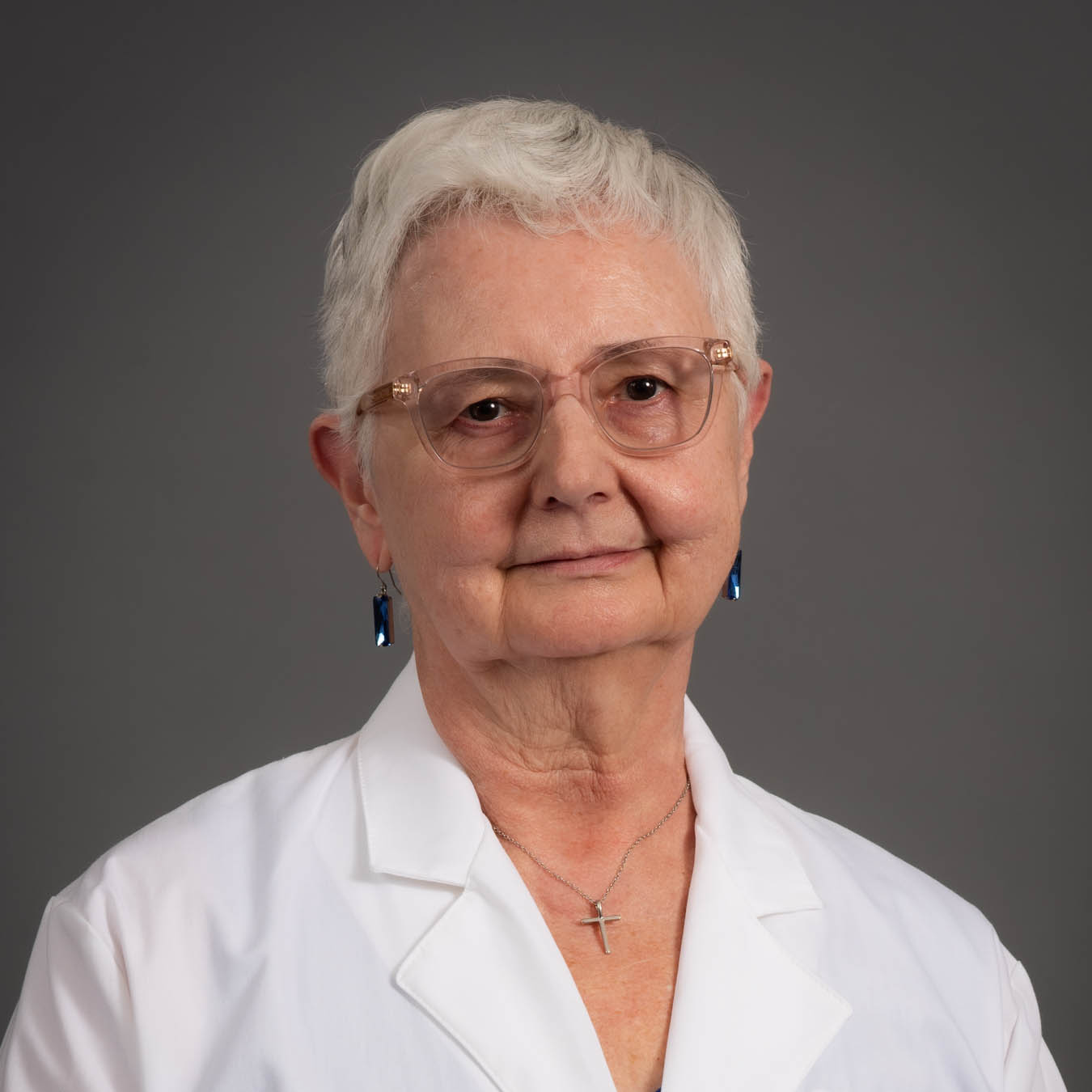
If you’ve flipped on the news in the last few weeks, odds are that you’ve seen RSV in the headlines. What is it, and why is it in the news?
RSV, or Respiratory Syncytial Virus, is a common viral illness often spreading during the “cold and flu season” every fall and winter. This year, medical providers and hospitals are seeing more cases than usual.
A number of factors are behind this trend. For one, we’re emerging from a global pandemic, and many people, including young children, spent a good deal of time somewhat isolated from others during the last three years. Because of that, kids’ immune systems may not be prepared to handle RSV as well as they might in a traditional year.
So, what should you know about RSV and how to protect your family?
RSV Is Very Common
Respiratory syncytial virus affects people across the world. Each year, some 64 million people worldwide get RSV.
While we most commonly hear about RSV in young children, anyone of any age can get the virus. The reason why it’s most associated with newborns and infants is that they typically experience more severe symptoms.
When older children, teens, and adults get RSV, they often experience only very mild, cold-like symptoms and may not even realize they have the virus. Young children, with less developed immune systems, are more likely to be severely affected.
Older adults and those who have compromised immune systems are also at a higher risk of more severe symptoms and complications.
RSV Symptoms Vary in Intensity
Symptoms of RSV begin between four and six days after exposure to the virus. Because RSV typically begins as a cold affecting the upper respiratory tract, someone who has RSV may experience a variety of symptoms, including:
- A runny nose
- Cough (either dry or wet)
- Fever (100.4 or higher)
- Fussiness
- Poor feeding
- Sneezing
- Wheezing
“Almost all children have this infection within the first two years of life,” says Dr. Annamaria Church, pediatrician with West Tennessee Medical Group Pediatrics | Paris in Henry County. “It’s an illness that often causes mild cold-like symptoms, such as coughing or congestion. In a small percentage of cases, it may lead to more noticeable symptoms like wheezing or increased effort with breathing, but these are less common.”

Young children experience more severe effects of RSV, sometimes requiring hospitalization, when the virus progresses into the lower respiratory system. When the virus impacts the bronchioles, the tiny airways in the lungs, it can make breathing difficult. Symptoms may include:
- Belly breathing, with noticeable tugging along the ribs or the lower neck
- Breathing at a faster pace
- Flaring of the nostrils in an attempt to take in more oxygen
- Head bobbing or grunting with breaths
- Pauses or difficulty breathing
- Wheezing
If your child is experiencing any difficulty breathing, seek immediate medical attention. It’s always better to be safe than sorry—having your little one checked out can give you peace of mind.
How to Protect Those at Highest Risk of RSV
We mentioned that newborns and infants are at the highest risk of developing severe RSV and complications, but let’s break that down a little further.
Risk is highest among:
- Babies younger than 12 weeks old
- Babies born prematurely or who had a low birth weight
- Babies and children with a chronic lung condition caused by prematurity
- Babies with certain heart defects
- People of all ages with weakened immune systems
- Babies and children exposed to smoke during pregnancy or secondhand smoke at home
- Babies and children in a childcare setting, like a daycare
- Adults age 65 and older
If you have a little one at a high risk, how can you protect your child? In the future, a routine vaccination given to moms during pregnancy may provide protection against RSV for newborns and infants. Until then, though, you can still take steps to keep your kids safe.
Many of the precautions we use to help protect us against COVID-19 and the flu are also helpful in fending off RSV. The virus spreads in several ways—it’s known to pass from person to person through direct contact (via saliva, mucus, and nasal discharge), on unclean hands, and via unclean objects or surfaces.
Because RSV most often impacts the littlest kids, it’s important for older children and adults to develop healthy, protective habits. Start here:
- Emphasize handwashing. Hands need to be washed with soap and water for at least 20 seconds when coming into the house, after using the restroom or changing a diaper, before preparing or eating food, after wiping or blowing a nose, and at any time after potentially coming into contact with germs. An alcohol-based hand sanitizer can be used in a pinch if soap and water aren’t available; use it in the same way as soap and water, rubbing for 20 seconds on all surfaces of the hands.
- Clean objects and surfaces often. Take the time to regularly clean your house, paying particular attention to commonly touched surfaces and objects, like phones, light switches, handles, remotes, doorknobs, and toys. Clean anything that is taken outside of the home (such as to daycare) before using it again. Carefully read the label on the cleaning products you’re using since many require special practices to work optimally.
- Keep kisses and hugs away from little ones. Older children and adults can have RSV without even realizing they have it. It may not cause them any issues, but the same virus can cause serious effects in a young baby. Remind people not to kiss or touch your baby’s hands or face, keeping those potential germs away. It’s a habit to kiss on babies, but one that’s best avoided.
- Stay away from anyone who is sick. Keep your little ones away from those who have respiratory symptoms of any sort, including those of the common cold. This includes family members. If possible, keep sick family members in a different part of the house away from very young babies and those with other risk factors for severe RSV.
Children aren’t just little adults. When your little one is sick or needs a routine checkup, a West Tennessee Medical Group pediatrician can provide the specialized care he or she needs. Schedule an appointment today.

